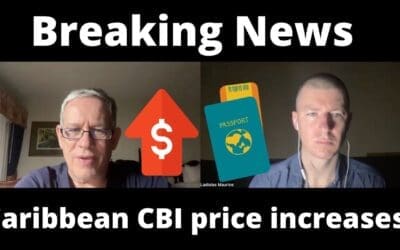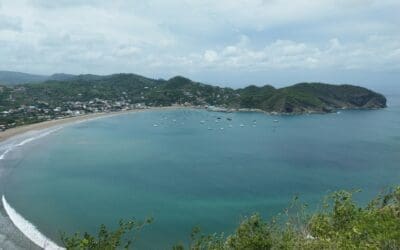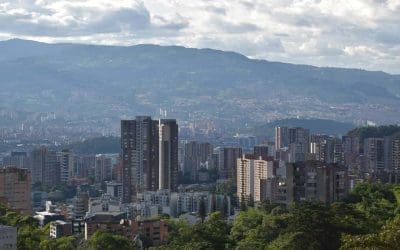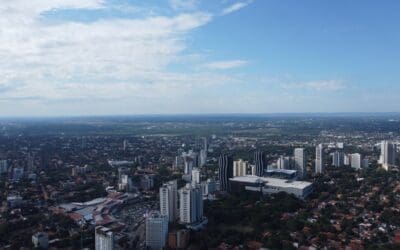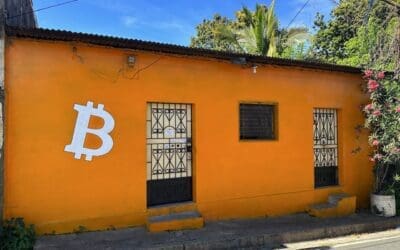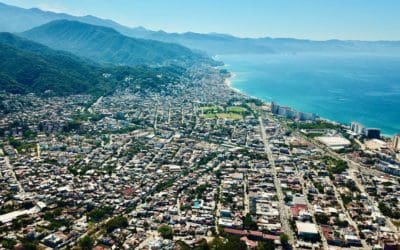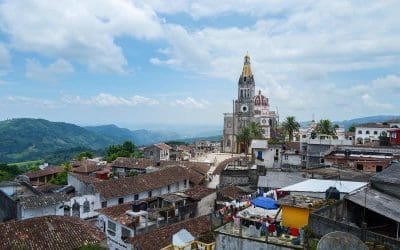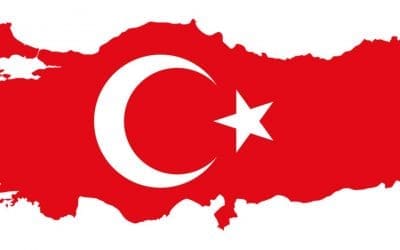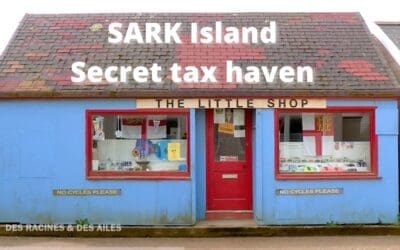12 MISTAKES TO AVOID WHEN INVESTING IN INTERNATIONAL REAL ESTATE
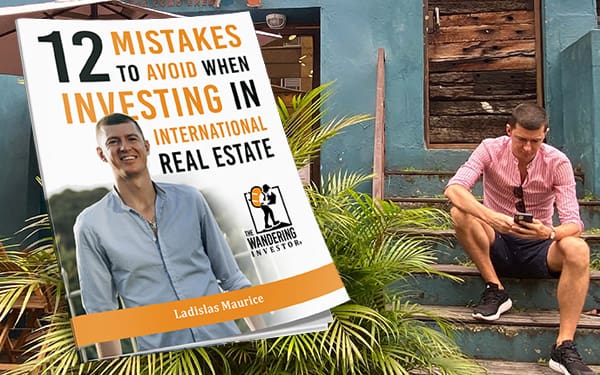
Navigate The International Markets
Gain On-the-Ground Insight and Overcome Uncertainty with Informed Decisions
Top Articles
Latest Articles
BREAKING NEWS: Caribbean Citizenship by Investment big price increases
San Juan Del Sur Real Estate Market: 2024 Investor’s Guide, Economic Trends in Nicaragua and Intriguing Case Studies
Pros and Cons of living in Medellin, Colombia
We bought a house in Playa del Carmen, Mexico!
Now is the time to pull the trigger on Egyptian Citizenship
The New Administrative Capital of Egypt. Why, What, and how?
International Real Estate Investments
San Juan Del Sur Real Estate Market: 2024 Investor’s Guide, Economic Trends in Nicaragua and Intriguing Case Studies
Making a Real Estate Investment in Medellin, Colombia – Unusually High Yields
Asuncion Real Estate Market: Comprehensive Investor’s Guide 2024
Ultimate Guide to El Salvador Real Estate Market: 5 Positive Economic Trends, Insights & Analyses
Budapest Real Estate Market: 2024 Investor’s Guide
Full Guide: Puerto Vallarta Real Estate Market
Residency & Citizenship By Investment
BREAKING NEWS: Caribbean Citizenship by Investment big price increases
Easy: How to get Residency in Mexico
How to get Residency in Nicaragua – with my lawyer Eduardo
Turkey Citizenship by Investment – Timelines, Fees, and Traps to Avoid
Sark Island – a secret low-tax haven in Europe
Turkish Citizenship Bank Deposit option – Central Bank guarantee explained
Internationalization Insights
Updates from the Private List about international banking, on-the-ground international real estate case studies, alternative investments, international company formation and international economics.
Pros and Cons of living in Medellin, Colombia
We bought a house in Playa del Carmen, Mexico!
Now is the time to pull the trigger on Egyptian Citizenship
The New Administrative Capital of Egypt. Why, What, and how?
Investing in Asuncion Real Estate in Paraguay – an ROI case study with numbers
Best neighbourhoods and districts to buy Real Estate in Budapest
Explore a World of Opportunities with The Wandering Investor.
Embark on a Journey with Ladislas Maurice: Uncover Real Estate Investment Opportunities in Emerging Markets and Unlock the Benefits of Second Residencies and Citizenships.
Subscribe to my free Private List to get started:
Private Consultation
Internationalization and Diversification
Private, one-on-one consultation to answer your questions and to develop a custom internationalization and investment strategy.

